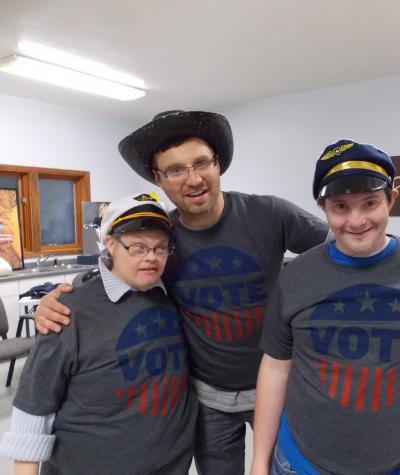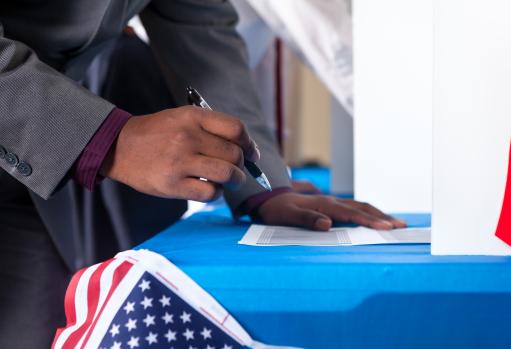A federal court temporarily suspended North Dakota’s enforcement of a law that resulted in the rejection of mail-in ballots using an error-prone signature match process, in which election workers compare the signature on voters’ absentee ballot application to the one on their return envelope. Now, all eligible voters should be able to have confidence that when they participate in an election, their vote will be counted.
Campaign Legal Center (CLC) is representing Self Advocacy Solutions, the League of Women Voters North Dakota, and Maria Fallon Romo, who has multiple sclerosis, which causes difficulties with her handwriting. Mrs. Romo had her ballot rejected due to a mismatched signature.
The opinion, which was handed down on June 3, 2020, called North Dakota’s system “outright disenfranchisement” of qualified voters, criticized the state for giving voters no notice or any opportunity to respond if election officials reject their ballots for a perceived signature discrepancy. Election officials receive no training in signature comparison.
Due to the COVID-19 pandemic, North Dakota’s June 9 primary will be an exclusively vote by mail election.
Thirty-six states have some form of signature match requirements on the books. They vary dramatically in the generosity of the scope of voters’ ability to fix the problem if they are flagged for a mismatch. Some states provide immediate notice to voters if their ballot is rejected and allow voters to fix it for up to 21 days after the election. Other states, like North Dakota, do not notify voters at all.

